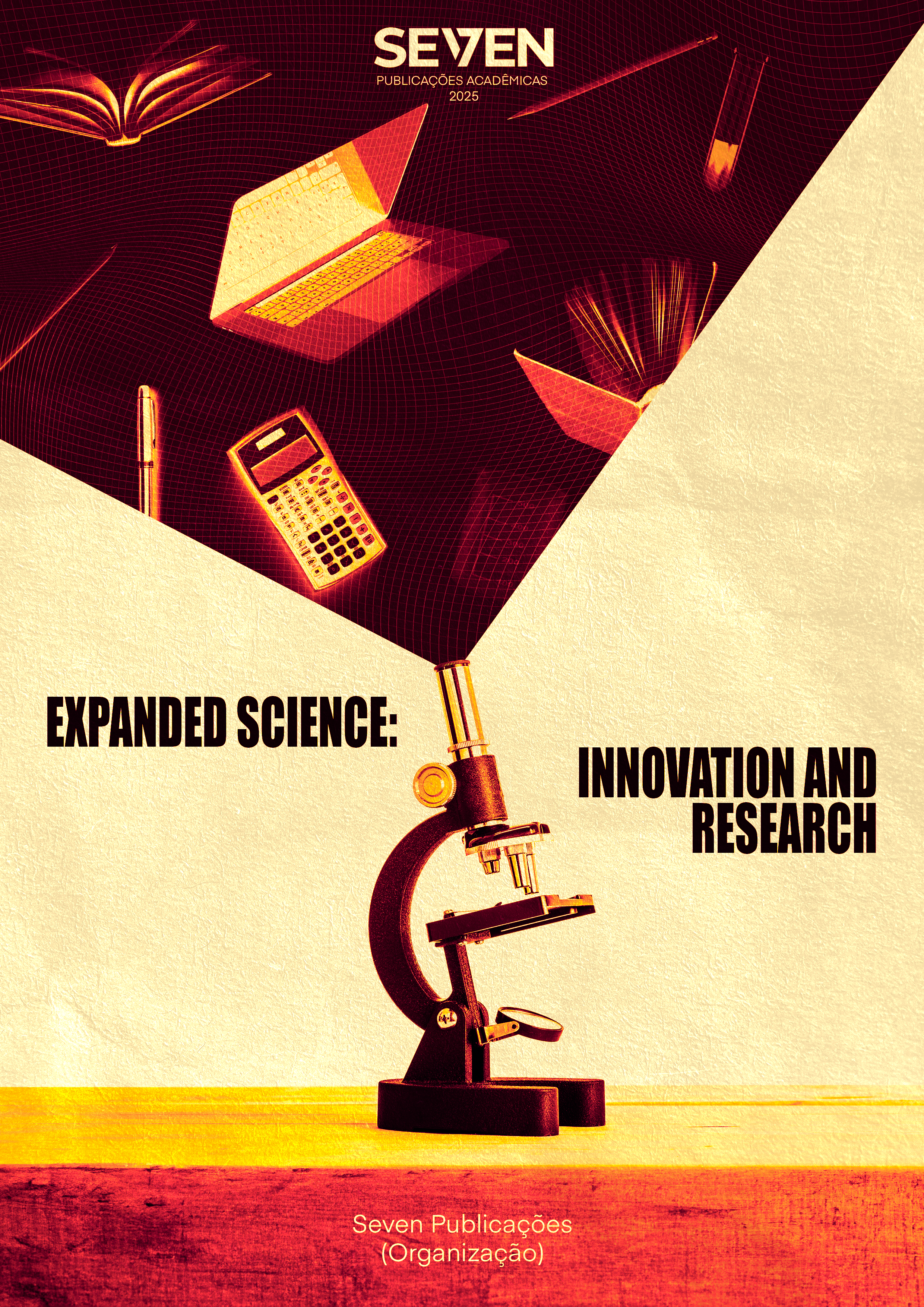THE USE OF THE PROBATIONARY STANDARD “BEYOND REASONABLE DOUBT” IN BRAZILIAN CRIMINAL PROCEEDINGS IN LIGHT OF THE PRESUMPTION OF INNOCENCE
Keywords:
Standard of Proof, Presumption of Innocence, Evaluation of Evidence, Beyond a Reasonable DoubtAbstract
What is the standard of proof? This article, part of a study conducted in the Specialization course Criminal Law specialization program (ESA-MA) in 2023, aims to analyze the standard of proof known as “beyond a reasonable doubt” in light of the presumption of innocence, a fundamental principle enshrined in Article 5, LVII, of the 1988 Federal Constitution of Brazil. The standard of proof originates from the US criminal process and has been gaining ground in the Brazilian legal context. The research is bibliographic and documentary in nature, focusing on the analysis of the decision handed down in Habeas Corpus No. 598,886 - SC, judged on October 27, 2020, under the reporting of Minister Rogerio Schietti in the Superior Court of Justice. This decision explicitly mentions the standard of proof in question and its grounds. The institute has been criticized by renowned authors (Matida, 2019, Ferrer Beltrán, 2007) dedicated to legal epistemology, which leads us to reflect on the expectations for the future of this procedural institute in Brazilian law. Here, we have demonstrated sufficient reasons to justify the need to develop an objective standard of proof in Brazilian Criminal Procedural Law, such as the impossibility of relativizing personal recognition as provided for in Article 226 of the Code of Criminal Procedure. However, despite criticism from notable authors dedicated to legal epistemology, it is important to consider that completely abandoning the standard of proof studied here would be a step backward in terms of respect for the constitutional mandate of the presumption of innocence, as well as in terms of rational evaluation of evidence.
Downloads
Published
Issue
Section
License
Copyright (c) 2025 César Pereira de Albuquerque Neto

This work is licensed under a Creative Commons Attribution-NonCommercial 4.0 International License.





